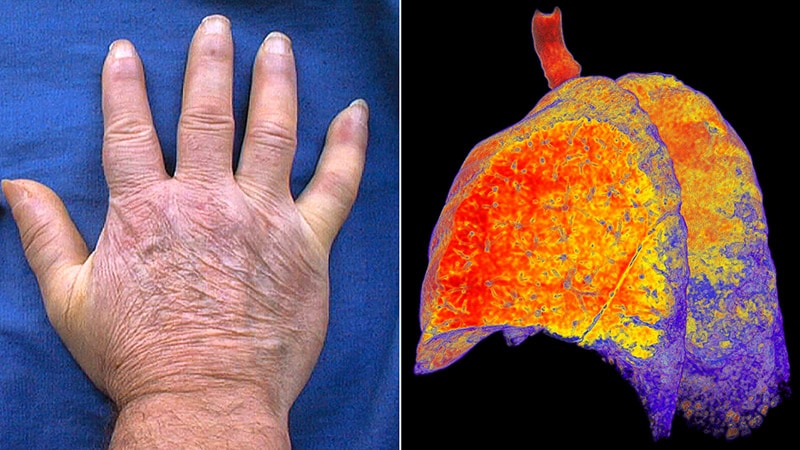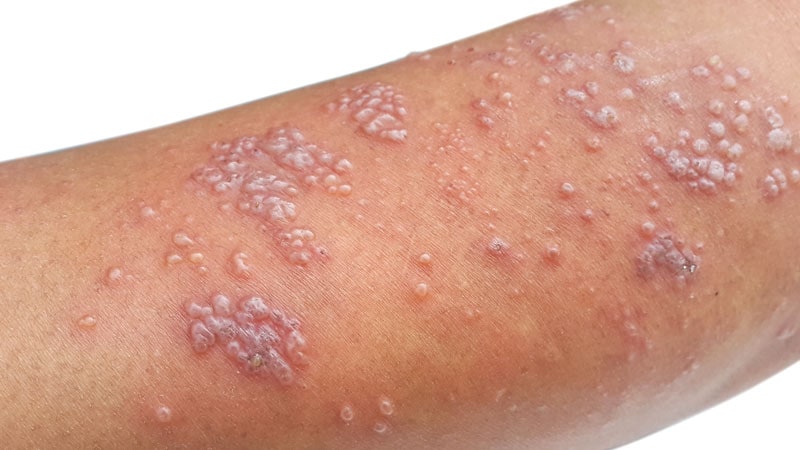TOPLINE:
Persistently short sleep duration in childhood is associated with a 2.5-fold increased risk for a psychotic disorder in early adulthood, new research shows. Inflammation may partially mediate this risk.
METHODOLOGY:
- As part of the Avon Longitudinal Study of Parents and Children, investigators collected sleep duration data from 12,394 infants and children aged 6 months to 7 years. Information on sleep was collected from parents when the children were at 6, 18, and 30 months and again at 3.5, 4-5, 5-6, and 6-7 years.
- To determine whether inflammation could mediate psychosis risk, inflammatory markers — C-reactive protein (CRP) and interleukin 6 (IL-6) — were measured at ages 9 and 15 years.
- Investigators then assessed 3889 participants at age 24 years for psychotic disorders.
TAKEAWAY:
- Persistent shorter sleep duration in childhood is significantly associated with a more than twofold increased risk for a psychotic disorder in young adulthood (odds ratio, 2.50; 95% CI, 1.51-4.15; P < .001).
- Increased levels of IL-6 at age 9 years, but not CRP, partially mediate the association between sleep duration and psychosis (P = .007).
- The researchers noted that addressing sleep problems in childhood could serve as a way to mitigate the risk for psychosis in later life.
IN PRACTICE:
"It's entirely normal for children to suffer from sleep problems at different points in their childhood, but it's also important to know when it might be time to seek help. Sometimes, sleep can become a persistent and chronic problem, and this is where we see links with psychiatric illness in adulthood," study investigator Isabel Morales-Muñoz, PhD, University of Birmingham, Birmingham, England, said in a press release. "Understanding the role of sleep in early life is crucial for preventing psychosis and improving mental health outcomes," she added.
SOURCE:
Isabel Morales-Muñoz, PhD, of the University of Birmingham, Birmingham, England, led the study, which was published online on May 8 in JAMA Psychiatry.
LIMITATIONS:
The study's reliance on parent-reported sleep data may have introduced bias. In addition, the lack of data on daytime sleep may have limited understanding of total sleep duration. The predominantly White, UK-based sample limited the generalizability to other populations.
DISCLOSURES:
The study was supported by the UK Medical Research Council, Wellcome, the National Institute for Health and Care Research, the Oxford Health Biomedical Research Centre, and the NIHR Mental Health Translational Research Collaboration. Disclosures were noted in the original article.
This article was created using several editorial tools, including AI, as part of the process. Human editors reviewed this content before publication.

.webp) 3 weeks ago
9
3 weeks ago
9





























 English (US)
English (US)